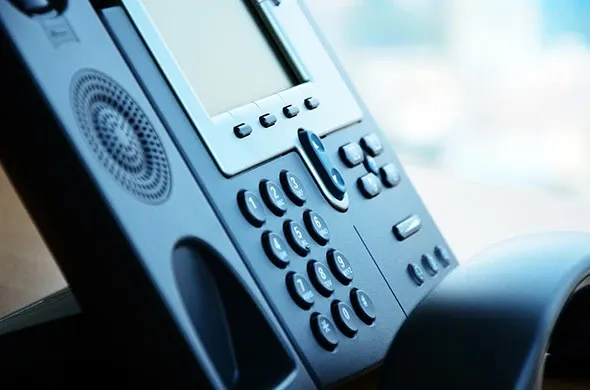Merry Christmas!
Merry Christmas to all ICT Business readers, followers, business partners, advertisers, and friends. Your ICT Business team.

Denmark’s TDC is in play after a group led by Danish pension funds made an unsolicited attempt to take over the former phone monopoly, according to Bloomberg.
TDC, with a market value of 35.7 billion kroner ($5.9 billion), spurned talks about a cash takeover offer from pension funds ATP, PFA, PKA and Macquarie Infrastructure and Real Assets in a bid to stay independent. The carrier last week agreed instead to acquire the lion’s share of Modern Times Group of Sweden.
The MTG deal may have made TDC more vulnerable to further offers, after its shares plunged over a plan to issue equity to fund the purchase. Apollo Global Management has circled in the past and rival Telia has long been seen as a likely bidder, despite potential anti-trust hurdles in Denmark, where the Swedish company has a wireless business.
TDC says investors are better off sticking with its current strategy, including its $2.5 billion purchase of MTG’s TV stations and an online streaming service. The past week shows that TDC, one of very few remaining European carriers small enough to be easily absorbed by a larger rival, is very much still at the center of buyout speculation and interest. Telia has recently been linked again to takeover speculation around the Danish carrier.
TDC didn’t provide details on the terms of the offer it received from the consortium. According to newspaper Borsen, the funds bid 47 kroner a share, or more than 25 percent above Wednesday’s closing price. In another report, the business website of newspaper Jyllands-Posten said the funds Wednesday raised their offer to 48 kroner.
If the funds do wind up buying TDC, it won’t be the first time the company is in similar hands. The carrier was privatized in the 1990s and sold in an initial private offering by the Danish state. In 2005, five private equity funds teamed up to buy TDC for $15.3 billion, Europe’s largest leveraged buyout at the time, but ended up just short of the 90 percent of shares they would have needed to delist the carrier from the stock exchange. Over the next 8 years, the funds gradually sold off their holding and finally withdrew completely.